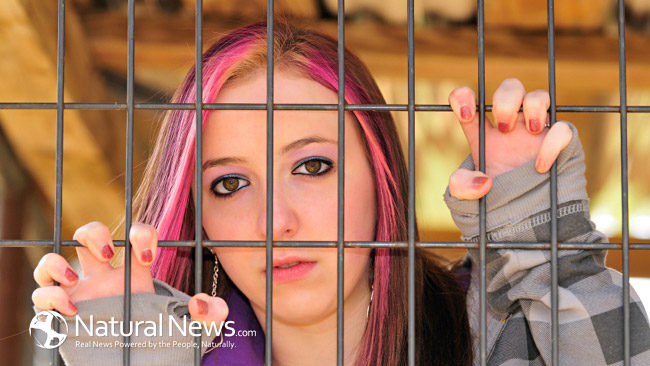Recognizing the signs of drug and alcohol addiction is easy enough – if you know what to look for. The problem is that many teens who start coming home with weird behavior are hardly ever viewed as having a drug or alcohol problem, especially if the parents are not prepared to recognize the signs, or if the drug user is hiding his addiction.
If the problem is principally drug use, it might be easier to hide, but the signs of drunkenness are easier to spot. Sometimes, alcohol abuse can mask drug abuse, because parents might think that the teen is “just drunk”, when in fact they are both drunk and on some other illegal substance.
Arizona has its fair share of substance abuse problems. For instance, while less than 40 percent of high school kids in the U.S. had their first real experience with alcohol before even turning 13 years old, in Arizona that number is nearly 45 percent. If your teen is struggling with alcohol and drug abuse, then it’s up to you as a parent to make sure they get into a good rehab program where they’ll get the help they need. It can be impossible to get a teen off drugs at home, where easy access is just around the corner or a phone call away.
If drug abuse isn’t checked early, it can turn into a years-long struggle that only gets worse with time. Your child might graduate to harder drugs, develop a tolerance for the drugs he is already taking, or drink more and more (first the weekends, then the weekdays). Teens try to cover up their problems sometimes, and it’s up to you to get them the help that they need even when they’re not taking the active steps to get off drugs themselves.
Some of the physical, behavioral and psychological warning signs of drug and alcohol abuse include the following:
- Slurred speech
- Unexplained change in attitude or personality
- Impaired coordination
- Bloodshot eyes, enlarged or very small pupils
- Engaging in dishonest, criminal, or aggressive behavior
- Drop in performance or attendance at work, school, or in extracurricular activities
- Sudden change in friends, hangouts, or hobbies
- Periods of paranoia, anxiety, or unusual hyperactivity
It is important to get your teen or friend evaluated by a psychiatrist to determine that it is not some organic mental illness that is causing the changes. Sometimes, bipolar disorder, depression, ADHD, or schizophrenia can mimic the symptoms of drug abuse. It is essential that you get the best evaluation of your teen, and perhaps a second evaluation at a later date. Sometimes, drug abuse and mental illness can co-exist, and a person will sometimes use illegal substances to self-medicate for a mental disorder.
An Arizona drug rehab facility should be your first response when you recognize a serious drug or alcohol problem. Why try to control the problem yourself? You’re not a professional. The best way to show your love and care is to get them into a drug rehab facility where they’ll be taken care of, monitored, detoxed, and given the nutritional support that can help them beat their drug addiction. Then, following the guidelines of the rehab clinic when your teen gets back home is essential.





